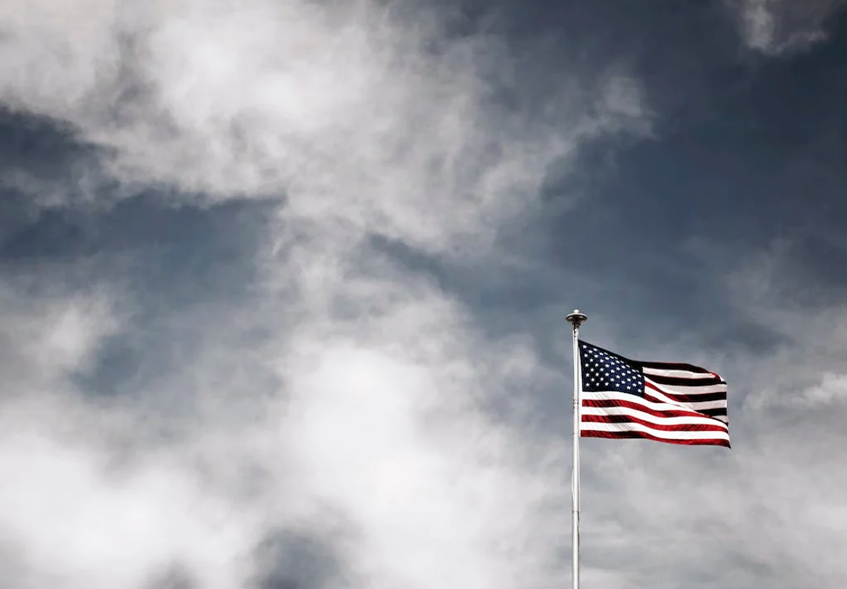A Fresh Start?

Is Biden's mass pardon for federal cannabis possession a fresh start for cannabis legalization in the United States?
On 16th October, U.S. President Jo Biden announced his intention to pardon all prior federal offenses of simple cannabis possession."There are thousands of people who were previously convicted of simple possession who may be denied employment, housing, or educational opportunities as a result. My pardon will remove this burden," he tweeted.1Furthermore, he encouraged governors to pardon simple state cannabis possession offenses and take action to initiate the process of reviewing how cannabis is scheduled under federal law.Some political analysts said that the president's decision aims to fulfill a campaign promise and please some members of his political base ahead of the November midterm elections, where Democrats have to defend control of the House of Representatives and Senate.
However, other experts said that the core of his justification was racial justice, which has become the driving force in the proposed cannabis policy reforms, such as the MORE Act2, which aims to end cannabis prohibition by the federal government.In a video3, Biden argued that no one should be in jail for using or possessing cannabis."[Cannabis] It's legal in many states, and criminal records for marijuana possession have led to needless barriers to employment, housing, and educational opportunities. And that's before you address the racial disparities around who suffers the consequences," he said.Biden's announcement marks the first significant step in dismantling U.S.'s war on drugs.The mass pardons for cannabis-related offenses at the federal level and the review of recreational cannabis status could become a game-changer for his mandate.
The impact of the mass pardons may be limited as the announcement benefits only people arrested under federal law between 1992 and 2021.According to the White House, about 6,500 people nationwide have federal convictions for simple possession of cannabis, but no one is taken into federal custody.Although Biden's announcement to grant mass pardons is significant for the cannabis community in the U.S. and represents a fundamental change in the government's response to the years-long war on drugs, the impact of prohibition policies at the state level is significantly more harmful to people.State convictions have vast racial justice implications: black people are disproportionately arrested despite cannabis use rates similar to white Americans.According to FBI data, state and local law enforcement agencies reported 170,856 arrests for cannabis possession in 2021.Therefore, the mass pardons announced by Biden cover a tiny portion of the overall prison population convicted for cannabis possession at the federal and state level.However, it signals a potentially dramatic shift in the government's approach to cannabis reform.
The other announcement that Biden made and cannot be ignored is the willingness to review the current status of cannabis.As of 2022, 37 states have legalized medical cannabis, 19 have also legalized recreational cannabis, and mid-term voters will decide whether recreational cannabis can be used legally in five states.However, cannabis remains illegal in some states and at federal levels.Cannabis is classified as a Schedule I substance under the Controlled Substances Actas other substances, such as heroin and LSD.According to such classification, cannabis is thought to have a high potential for abuse. No accepted medical use in treatment in the United States, and a lack of accepted safety for use under medical supervision, even though it is used in many U.S. states and its medical value is recognized at the international level.The reclassification of cannabis could boost the industry significantly and resolve numerous issues that cannabis businesses are facing at the state level.Although many states have legalized the medical or recreational use of cannabis, the illegality status at the federal level forced most significant banks to deny their services to cannabis-related businesses.
The legal status of cannabis led companies to trade their shares over the counter or by listing in Canada. It encouraged Democrats to introduce 2019 the Secure and Fair Enforcement (SAFE) Banking Act, which aims to protect banks and financial institutions that choose to service cannabis-related businesses.However, the review process Biden has outlined won't necessarily result in the rescheduling of cannabis.Some experts say that it could simply reschedule cannabis to a lower category in the Controlled Substances Act.This move could complicate medical and recreational cannabis state programs.Furthermore, keeping cannabis on the federal drug schedule will continue to affect people and limit cannabis research.
This scenario would neutralize Biden's step forward in the policy toward cannabis convictions and the plant's legal status.Over the last few years, several bills, introduced by both Democrats and Republicans, have tried to end cannabis criminalization, putting racial and social justice at the center of cannabis reform racial and social justice.Changing the legal status of cannabis and ending the criminalization policies towards cannabis users may also significantly impact the country's economy.According to cannabis data company New Frontier Data, the legal cannabis industry is projected to hit $32 billion in sales this year, with revenues expected to reach $72 billion by 2030.Industry experts believe U.S. federal reforms could push those figures much higher.The University of Pennsylvania estimated the cost of the war on drugs the that the United States has spent over a trillion dollars enforcing its drug policy since 1971.Cannabis legalization doesn't mean only a boost for a country's economy but also a social duty to repair the war on drugs.
Written and Published by Dario Sabaghi in Weed World Magazine issue 161
Featured Image: Pexels















Please complete your information below to login.
Sign In
Create New Account